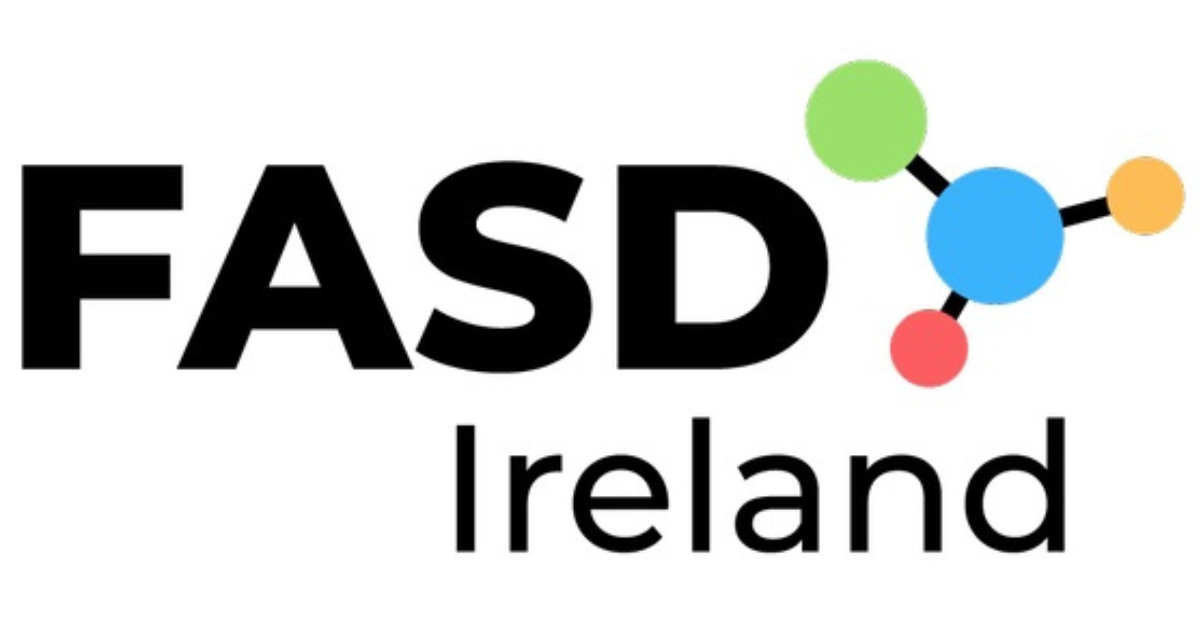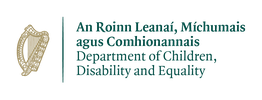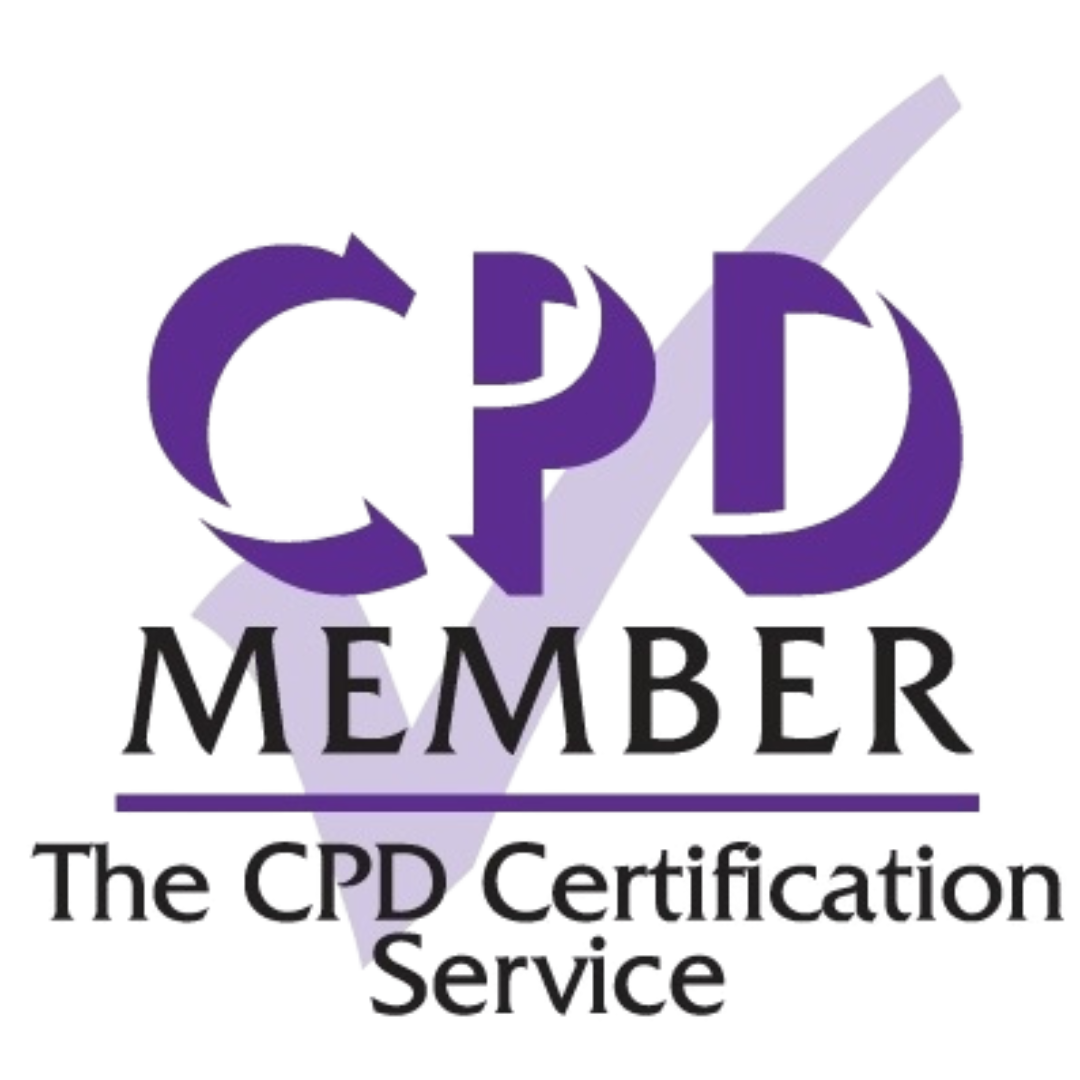
‘I was called a naughty child – but it was caused by my mother
drinking when she was pregnant with me’
EILISH O'REGAN
3rd December 2022

A teenager has told how he was labelled a “naughty child” and accused of “messing about” before he received a diagnosis linked to his mother drinking alcohol during pregnancy.
Jacob Casson-Rennie (16), a fifth-year student from Ennis in Clare, is one of more than an estimated 244,000 people in the country who were born with foetal alcohol spectrum disorder (FASD), an incurable neurodevelopmental condition as a result of the brain being damaged by alcohol in the womb. "I think the whole way through primary school I had no notion of what was causing anything to be honest," he said.
He is one of three adopted children of Tristan Casson-Rennie who last year set up FASD Ireland, a non-profit social enterprise, to try to promote more understanding and support for children and adults with the condition. In a response to Aontú leader Paedar Tóibin, the HSE estimates that around 600 babies are born at the severe end of the disorder and up to 6,000 more annually who are on a spectrum but he said the true estimate is unclear.
Mr Casson-Rennie said: "Around 13pc of women who drink alcohol during pregnancy will have a child with FASD. But the true scale of the numbers living with the disorder is not known. Two in five pregnancies are unplanned and until they find out, women are unaware of the impact of their drinking. There is no blame involved. No woman sets out to harm her baby. The best way to diagnose a child with FASD is between the age of five to 11. However there is no special pathway to diagnosis and no specialist FASD clinics here. Children are slipping through the cracks. Based on World Health Organisation (WHO) estimates for Ireland of 47.5 cases per 1,000 population there are at least 244,000 people with FASD in Ireland, but that could conservative," he added.
The HSE said people with FASD experience lifelong challenges and may need support with many aspects of their health. They may struggle with learning, memory, attention, communication, emotional regulation and social skills. It can cause learning difficulties and behavioural issues for a child and they may struggle getting along with other people and have emotional and mental health problems. They may also be smaller than expected and have problems with eating and sleeping.
Jacob explained that he has problems processing so it takes time to register an instruction. "We call it the 21-second delay," he said. "It takes time in between an instruction to then getting it done. So I have a habit of saying 'no' to a lot of things I am asked - not 'I am not going to do this' but 'no, my brain hasn't fully processed what you have asked me to do yet'. I need time to give you the answer I want to."
He is fortunate in having a supportive special needs assistant (SNA) and teachers in Rice College in Ennis "who are more than happy to repeat it again and explain in a different way so that I can understand." On the rugby field he is a very good rugby player but at the height of the game he must remember to be in a certain place and "I tend to get really frustrated and then I tend to get cards and stuff." But he credits his coach with learning how to respond appropriately. When he explains to his friends about his condition , they say "wow, that makes a lot of sense."
While Jacob is fortunate, his father knows other children are lost in the system. Mr Casson-Rennie said FASD Ireland is now providing free tutorials every week to SNAs to give them insights into the condition. "The system needs to change. The child cannot change," he added. He said Junior Minister Josepha Madigan has been very helpful but the wider education system needs to become involved. It can make a difference between a child with the unrecognised disorder in a mainstream class being constantly sent to detention or even expelled. They can end up with a diagnosis of some sort such as attention deficit disorder and receive some support in school but without any knowledge they have FASD. Mr Casson-Rennie added: "Without recognition of FASD or training in how to support the condition, we have a 'square peg in a round hole' situation. Most of these children and young adults slip through the cracks and often leave education immediately after Junior Cycle as a result - that's if they haven't been excluded by this point in their education."
His organisation has now been awarded funding by Social Entrepreneurs Ireland to provide a national FASD hub for Ireland so that families, carers and professionals are able to access information, support and advice. It will launch in the first quarter of next year and set up a helpline to allow anyone with questions to ring them for information.
While driving over the alcohol limit and smoking during pregnancy are taboo, he feels not enough emphasis is put on the risks of alcohol and mothers to be. If he had his way, there should be a poster on every bathroom door in pubs and licensed premises advising women who may conceive or are pregnant about the risks of alcohol.
As the festive party season approaches, the HSE has provided some tips for pregnant women to avoid drinking. These include:
- Planning alcohol free activities and looking ahead and avoiding triggers, including people and places which encourage drinking
- Ask partners, friends and family for support
- Find new routines that don't include alcohol
- Get support from your GP, midwife or obstetrician.
The original article is located
here. Please note a paywall is active.




